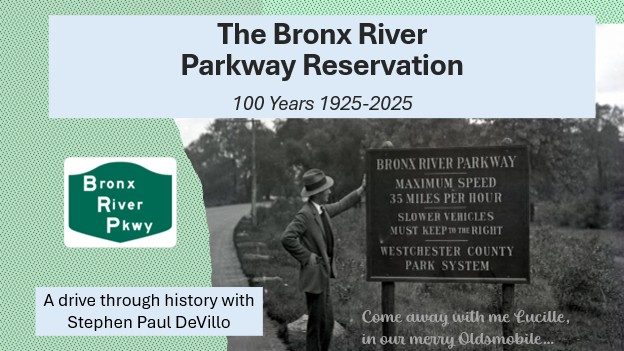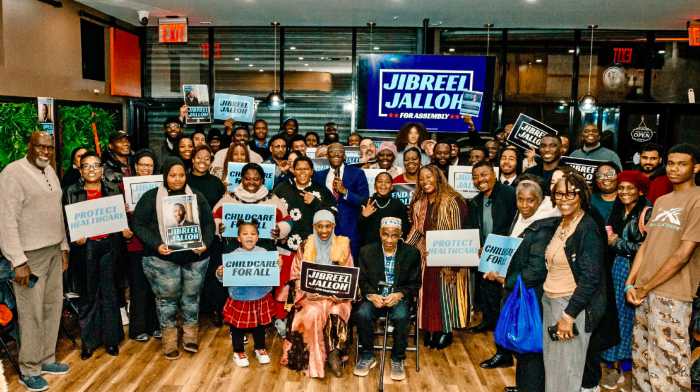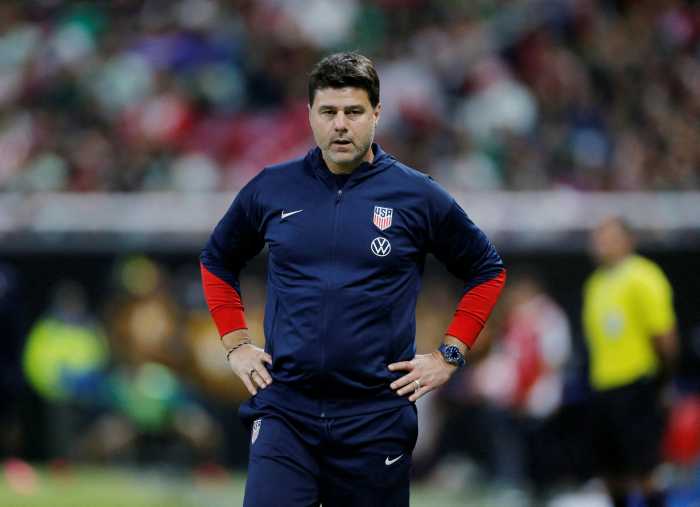In a conscience-shaking conclusion to a two-year tragedy in which a long-bullied gay youth, Abel Cedeno, was prosecuted for manslaughter in the stabbing death of Matthew McCree, who charged at him in their Bronx classroom in late 2017, the 19-year-old has been sentenced to 14 years in prison, of which he will have to serve at least 12 years.
McCree’s death, of course, is to be mourned, as is the injury to his friend, Ariane Laboy, who joined the other boy in going after Cedeno. Abel Cedeno made a fatal error in judgment in carrying a knife to school, but it was a desperate decision made only after years in which his pleas for protection or transfer to another school fell on deaf ears. And as he saw McCree and Laboy come at him from the back of their classroom, he knew them to be bullies who had beaten his best friend.
The sentence handed down, after a bench trial heard by Justice Michael A. Gross, reflects a failure at every level and in every sense of the word.
The public school system and the teachers, counselors, and administrators at that high school failed Cedeno at every turn. On repeated occasions, Cedeno and his mother pleaded with officials to offer him protection from bullies who called him “faggot” and “girl” while roughing him up. The trauma he experienced forced him to leave school for most of one year, but even then administrators never okayed his request for transfer to another, safer school. (The school where the fatal encounter took place was shuttered shortly afterward, with officials judging it irredeemable.)
A report delivered to Justice Gross in advance of sentencing from the Friends of the Island Academy, which works with youthful offenders to help with reentry after incarceration, detailed how school counselors advised Cedeno to “ignore” the bullying, that “that’s how boys are,” and to “be smarter than them.” Cedeno told that group the counselors “were afraid” of the bullies.” One counselor countenanced students spreading unfounded rumors that he and Cedeno were romantically linked rather than confront them. On the day he died, McCree shoved one of the classroom’s two teachers aside as he rushed Cedeno. The other teacher was similarly MIA as violence broke out.
The Bronx criminal justice system also failed Cedeno. The lead assistant district attorney, Nancy Borko, performed her duties as if a stereotypical burnt out, cynical, caustic New York bureaucrat. She put on the stand a witness forced to admit on cross-examination that when she saw Cedeno on the street after he’d been freed on bail, she took to Facebook to identify his whereabouts and say, “THERES NO WAY THIS N—– IS WALKING THAT COMFORTABLE ND NOT GETTING TOUCED SMH n—– needa step up they game up 100.” When asked if that posting meant she wanted Cedeno “dead or hurt,” she replied, “Yes.”
Borko painted a picture of Cedeno completely at odds with the diminutive young man who had been bullied since the sixth grade, claiming he brought the knife to school “set on creating an opportunity to use it.” His motivation, she said, was to “prove he’s not a pussy… prove that he’s tough.” At Cedeno’s sentencing, she sneered that he was a “celebrity” defendant, because people of principle stood up for the value of mercy.
Borko either has no empathy or appreciation for the fragile state of mind and spirit that plagued Cedeno or she was so bent on winning the day she would twist the so obviously tormented young man in front of her into some scheming monster. Her performance was a disgrace, especially her effort to have Cedeno sentenced to up to 20 years for the manslaughter plus another 10 for the assault on Laboy — to run consecutively.
The ultimate responsibility for that sentencing demand — as well as the conflict of interest-riddled decision by the District Attorney’s Office not to pursue prosecution of McCree’s brother, arrested for shaking down students from the classroom to grab their cell phones for video evidence they had — fall on DA Darcel Clark.
But the prosecutors were not alone in failing Cedeno, who also faced a hostile judge in Gross. Purported evidence of McCree and Laboy’s gang involvement — which was relevant to Cedeno’s state of mind when the two came after him — was barred from the trial. And in handing down his sentence — and nixing the request that Cedeno be granted Youthful Offender status, which carries smaller penalties — Gross referred to the defendant’s “murderous rage.” This, despite a Bronx grand jury’s refusal to indict Cedeno on the murder charge prosecutors sought, instead putting him on trial for manslaughter. It seems clear neither Borko nor Gross respected that grand jury decision, instead treating Cedeno as though he were on trial for of murder.
In the LGBTQ and wider progressive communities, we need to look at how we failed Abel Cedeno. In an interview with Gay City News, he said he was unaware resources like the Harvey Milk High School provided alternatives to the toxic educational environment he faced for years. For all the advocacy groups doing good work on behalf of LGBTQ youth and students, somehow that message never reached a high school in the Bronx. We need to learn how better to reach young people most badly in need.
It must also be noted that among Bronx public officials, the only one who stepped forward prominently to support Cedeno’s right to be treated with mercy was Councilmember Ruben Diaz, Sr., who has justly been criticized in these pages for his hostility to LGBTQ rights. To be sure, other public officials stepped up — Councilmember Daniel Dromm from Queens and Manhattan Assemblymember Daniel O’Donnell and former Senator Tom Duane.
But where were Councilmember Ritchie Torres, Assemblymember Michael Blake, and former Council Speaker Melissa Mark-Viverito — each opposing Diaz in a race for an open Bronx congressional seat? And where was mayoral-wannabe Ruben Diaz, Jr., the borough president?
Maybe their silence reflects the awkwardness and political downside of standing with a young man responsible for the first in-school killing in decades. Or perhaps it was deference to DA Clark, who turns up at Stonewall Democratic events and at the borough president’s Pride celebration.
Abel Cedeno needed people willing to stand by his side after a lifetime of virtually nobody being there. And as he faces the prospect of a lengthy and perilous purgatory in state prison, people need to step up to demand that this young man be protected from further harm.
















